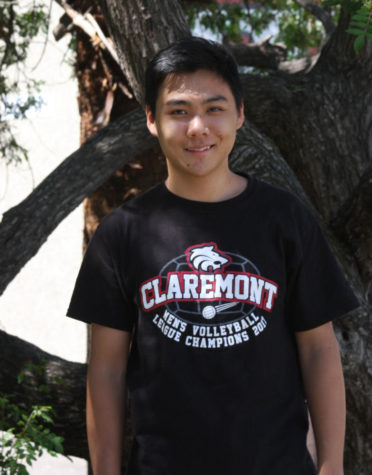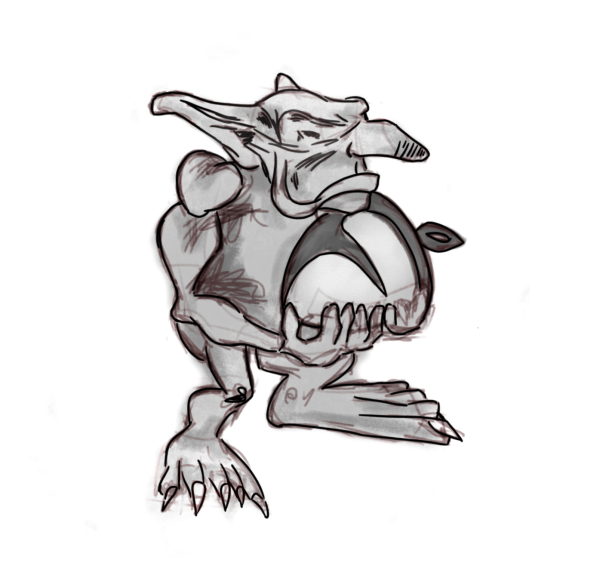No More Multiple-Choice Tests in Honors World History!
Most students appreciate multiple-choice tests since they do not require students to write out their answers and provide them with the possibility of guessing correctly on a problem that they do not know the answer to. However, in Honors World History, a multiple-choice exam is an ineffective method of testing students on their knowledge of history. In the Honors World History course, students are encouraged to interpret historical events for themselves and to make connections with current conflicts around the world. The plethora of multiple-choice tests in this course fail to reflect this ideal.
Students should be allowed to explain their reasoning in their answers to show evidence of their interpretation and receive credit for their answers since everyone has their own unique values and beliefs. For example, if a question asks what the significance of the Renaissance is, an artistic or musical student could answer that the cultural recognition and renewed interest of classical art and literature was the most important legacy of the Renaissance. On the other hand, a student more interested in science or mathematics could answer that the scientific advances were the most important accomplishments. However, both would be incorrect if the authors of the world history textbook thought that the Renaissance was significant because of its political and religious movements that occurred at the time. Due to the different values and opinions of students, the questions should allow students to justify their answers instead of requiring students to change their opinions or beliefs just to do well in the class.
The deeper questions that ask for analysis and more reflective thinking from students should accept various answers as long as students can expand upon their answer. Nobody has the exact same opinions on historical events as another, so asking students to memorize the interpretations of the authors of the world history textbook in order to do well on tests prevents students from thinking creatively and expressing their values and beliefs in their work. For example, there is a claim in the world history textbook about Napoleon’s downfall that states, “Napoleon’s own personality proved to be the greatest danger to the future of his empire. His desire for power had raised him to great heights, and the same love of power led him to his doom.” This statement from the textbook reflects the authors’ opinion and is being taught to all of the world history students in California. Students should use these historians’ claims to guide their own views but should not be expected to agree with them in order to do well in the class.
Certain questions on Honors World History tests should not be multiple-choice. The variety of answers can potentially confuse students by providing them with incorrect answers that may be interpretations or opinions that students agree with, and the correct answer may be something that some students completely disagree with. The artistic student may look at a certain event differently from a student who is more interested in mathematics or science. Also, they both may disagree with the textbook’s point of view on a certain event. However, if students do not bubble in the answer that the state standards mention in the textbook, they get the problem wrong and receive lower scores on quizzes and exams as a result. This can be harmful to their grade and negatively affect their view towards the subject or the teachers. To avoid these undesirable effects, Honors World History tests should include free-response questions for analytical and interpretative topics to allow students to justify their answers.
Hello there! Our goal is to provide relavent, engaging journalism for readers of all ages. Your donation will support the student journalists of the Wolfpacket at Claremont High School, and will allow us to purchase equipment, print our monthly issues, and enter in journalism competitions. We appreciate your consideration!

Shane Jung is a Senior at CHS and is one of the Assistant Editor in Chiefs for the Wolfpacket. He has found a love for writing through his time as a...




